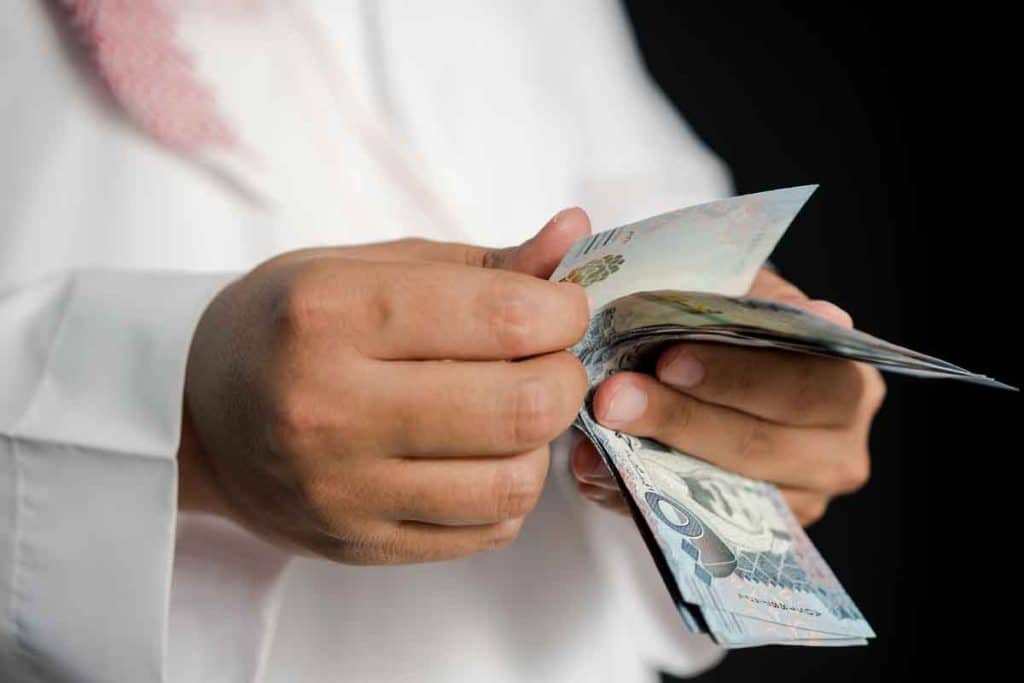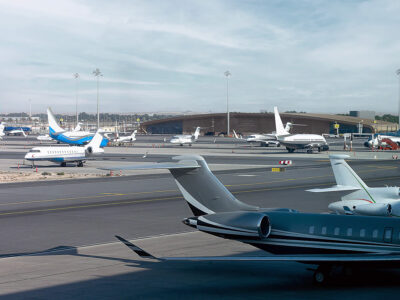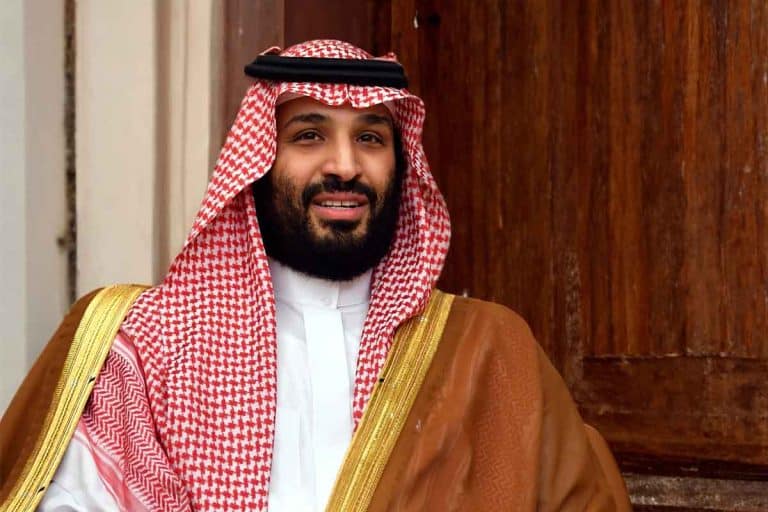Saudi Arabia brings significant economic and geopolitical weight to the newly expanded BRICS bloc as the largest economy in the Gulf and 19th largest in the world and marks a massive step for the grouping, experts told Arabian Business.
This week, the Gulf kingdom officially became a member of the expanded BRICS+ grouping of major emerging economies, alongside Egypt, Ethiopia, Iran, and the UAE. It previously included Brazil, Russia, India, China and South Africa, but with the new additions, BRICS+ now has 10 member countries representing over 40 percent of the world’s population and around 29 percent of global GDP.
“It is a large G20 economy and one with very large growth potential,” said economist Omar Al Ubaydli of Bahrain-based thinktank DERASAT. As the region’s top oil producer with substantial reserves of other natural resources, the Kingdom also provides important energy resources security for BRICS+ nations.
For Saudi Arabia, joining the grouping means “geo-strategic diversification,” said Al Ubaydli.
“US economic sanctions have become quite capricious of late, and so being part of an economic bloc that is insulated from such sanctions will grant the Saudi economy direct access to the affected economies,” he added. As a result, this strengthens its diplomatic portfolio, and places it in a “stronger bargaining position” when striking deals outside of BRICS.
Geopolitically, however, Saudi membership is equally as consequential, in what Abishur Prakash, Founder of The Geopolitical Business, Inc. consultancy calls a “massive step” for the bloc.
Beyond oil, Saudi Arabia offers the grouping some unique advantages.
“Saudi Arabia can ‘integrate’ BRICS+ into the Middle East in a way few other nations can,” said Prakash. As a leader in the Middle East and Africa, the kingdom “can open doors” for BRICS+ projects on the continents.

Nicolas Michelon, Partner at Confluence Consultants, said that this poses a significant change in regional and global geopolitics. “The oldest – and arguably most influential – US ally in the Muslim world [is] joining a group of nations whose stated objective is to spearhead the de-dollarisation of the world economy.”
This comes just a few months after the Gulf nation reinstated diplomatic relations with Iran – under China’s patronage.
“KSA brings demography, a thirst for inward foreign direct investments, an unmatched financial power with a proven capacity to deploy overseas [through PIF], and perhaps most importantly a leadership position in the MENA region in energy transition and green economy, one of the main battlefields in the economic and technology war being fought by China and the US.”
He observes that joining BRICS+ signifies Saudi Arabia’s vision of “building strategic autonomy” beyond historical Western alliances. It provides opportunities to engage “with all economic powers…without being constrained,” including partners like China and others within the BRICS+ framework.
For the Kingdom, stronger relations with the BRICS+ countries also help further the goals of Saudi Vision 2030 to develop new partnerships, attract foreign investment and diversify the economy away from oil dependence. The Public Investment Fund, Saudi’s key sovereign wealth fund pushing investments globally, can utilize the BRICS+ framework to pursue opportunities.

BRICS+ shaping a new world order, but faces challenges
Beyond individual nations, the larger implications of the expansion are noted by the experts. Prakash observes BRICS+ is gaining a major platform on the global stage to begin shaping the world. However, he cautions there are domestic economic obstacles and geopolitical divergences some members face that could challenge the bloc’s effectiveness if not addressed.
“While there is a lot of excitement and expectations for BRICS, the group has serious obstacles it needs to overcome before it can become a powerful geopolitical bloc,” said Parakash. The biggest issue is the growing divergence between India and China viewing each other with “hostile eyes.”
In addition, many BRICS members are already grappling with economic crises. Russia is dealing with sanctions, China with a real estate crisis, Egypt with inflation, and Ethiopia with a sovereign debt default.
And on the geopolitical front, BRICS members are not aligned. “There appears to be no real unity in BRICS around some of the most pivotal issues facing the world today.”
Michelon agrees the growth of BRICS+ illustrates momentum for the idea of replacing US dollar hegemony but noted complete change will be gradual. Still, even incremental moves help challenge the status quo.
“The almost Pavlovian reflex by the US and the EU to use sanctions and embargoes to solve diplomatic conflicts, coupled with the end of globalisation as we knew it since the collapse of the Soviet Union, have made de-dollarisation an attractive proposition,” said Michelon.

As the US-China trade and technology rivalry continues to disrupt global supply chains, the multilateral trading system embodied by the World Trade Organisation is being restructured into what experts call “minilateralism,” a proliferation of smaller, regional trade agreements that better represent the evolving distribution of economic might among countries. Within these new cross-border arrangements, the use of alternative currencies separate from the US dollar is emerging as a viable option, even a necessity, he said.
With its vast reserves and ambitious reforms underway, the kingdom brings considerable assets to the table as a founding member of this expanded bloc. Whether through the challenge to US financial leverage, opening new foreign investment streams or positioning outside traditional alliances, Saudi membership in BRICS+ signals the nation’s desire to carve an independent course on the global stage in the years ahead.






